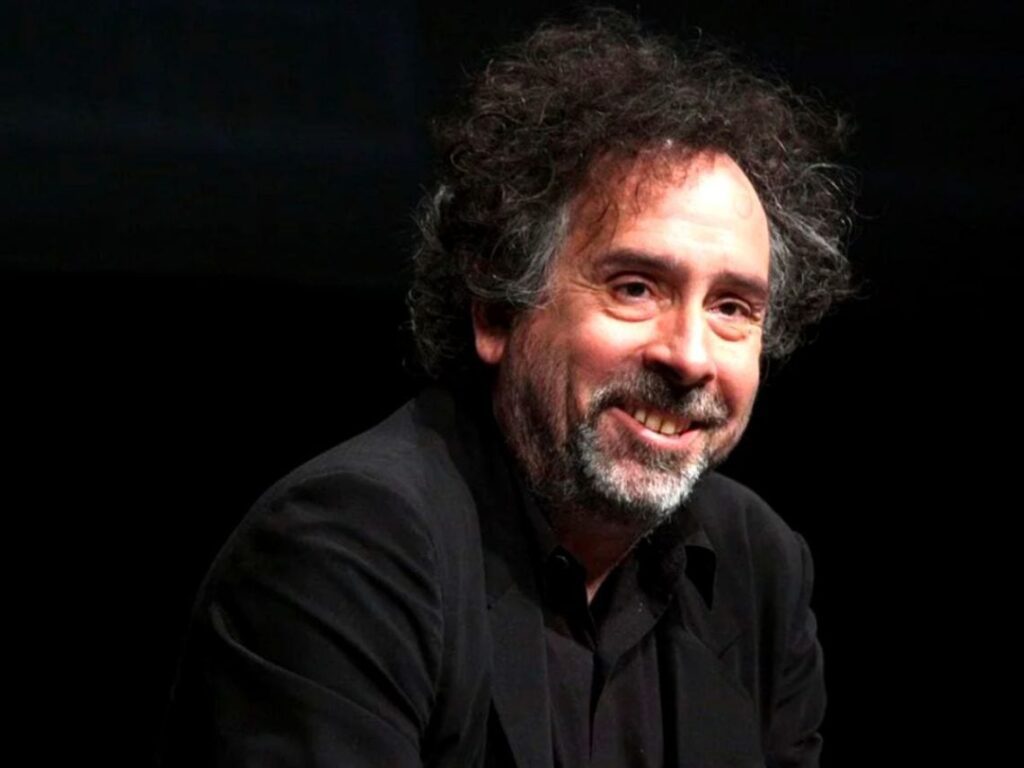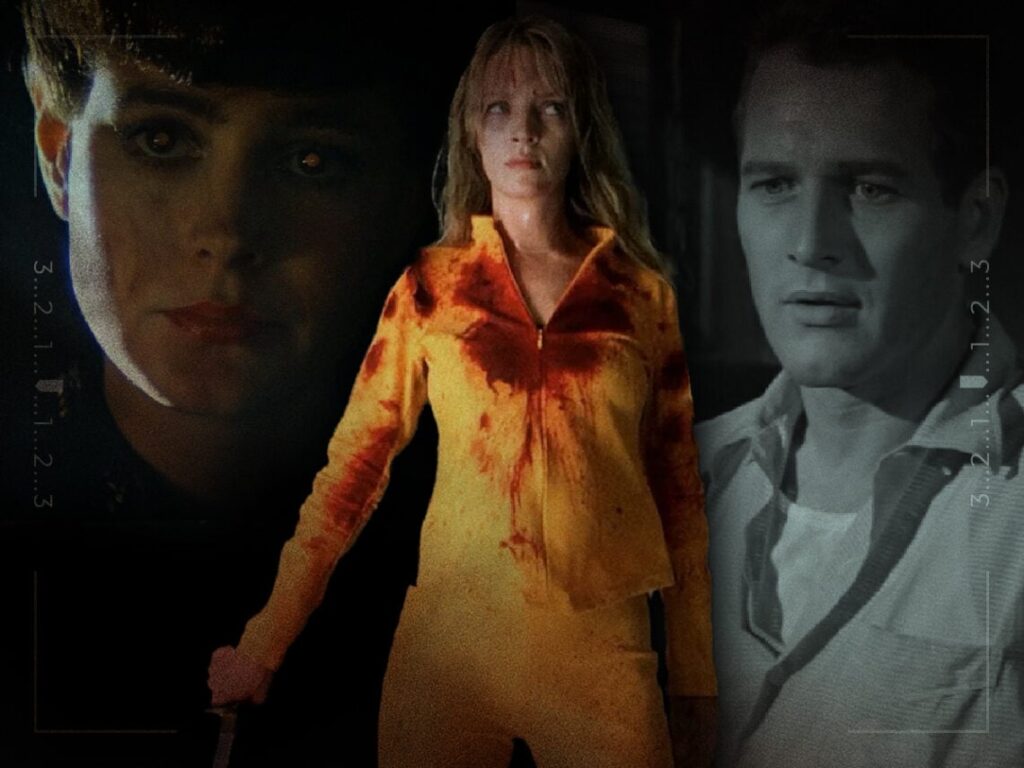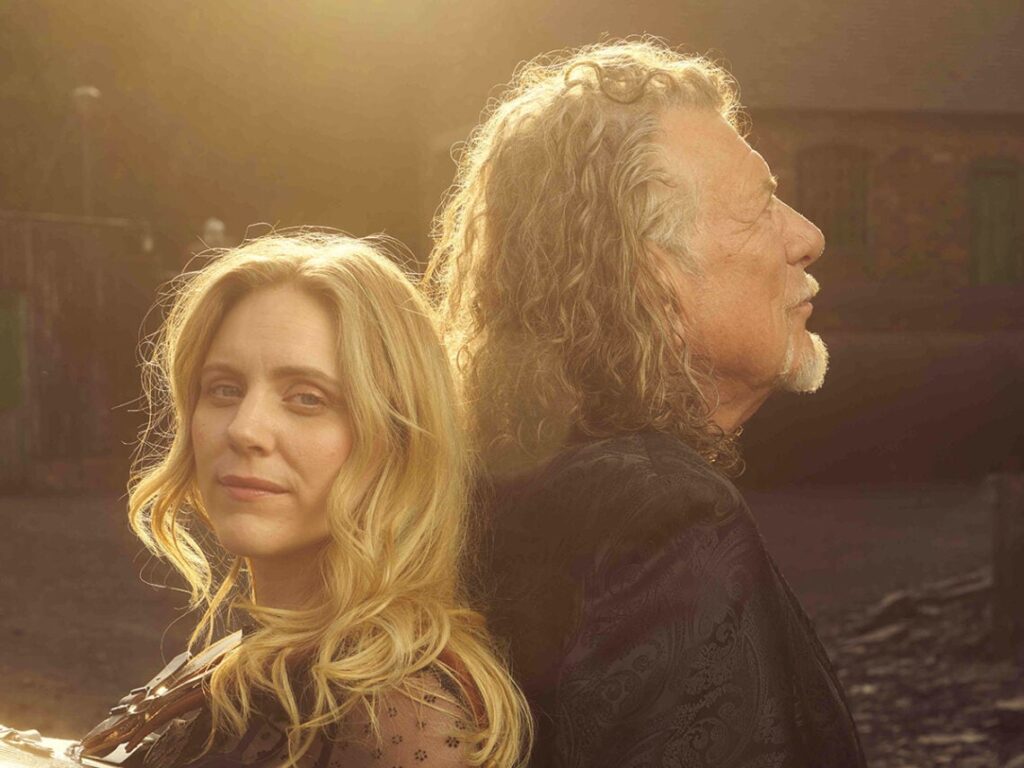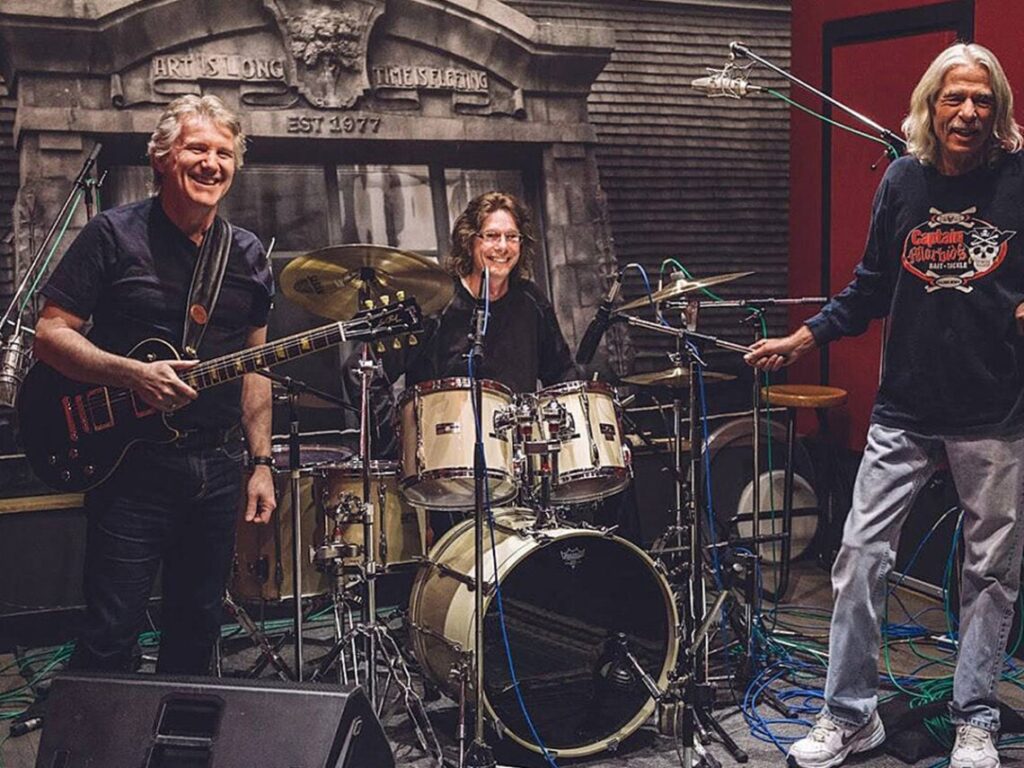The only person Tim Burton was “nervous” of showing his movie to
 Posted On
Posted On
(Credit: Gage Skidmore)
By the time Tim Burton had come into the public’s eye in a prominent way with his movies Beetlejuice and Edward Scissorhands, one might have thought that he had put behind any kind of nerves that being a young filmmaker might naturally bring up, but the truth is that even the greatest can sometimes still get the anticipatory shakes.
Burton has a simply remarkable filmography consisting of several acclaimed cinematic wonders, including Batman, Corpse Bride, Mars Attacks!, Sleepy Holly, Alice in Wonderland and Ed Wood, showing that even among his darkest and most notorious works, there are always different cinematic avenues to explore.
In the process of creating a masterful back catalogue of films, Burton has worked with the likes of Johnny Depp, Winona Ryder, Helena Bonham Carter and Christopher Lee on several occasions, but even with such a roster of high-profile acting talent offering their service to Burton, there was still a moment where he was nervous about showing his movie to someone laterally involved in it.
In 2005, Burton hired his frequent collaborator Depp to star as Willy Wonka in his musical fantasy film Charlie and the Chocolate Factory, while Freddie Highmore was given the task of performing alongside David Kelly, Bonham Carter, Lee, Noah Taylor and Deep Roy, in the role of Charlie Bucket.
The film is, of course, based on Roald Dahl’s 1964 novel of the same name, which had already been adapted into a movie in 1971, Willy Wonka & the Chocolate Factory, starring Gene Wilder in the titular role. It tells of a young boy who wins a contest to visit Wonka’s famous chocolate factory along with four other children of varying backgrounds.
Rather than using too much CGI, Burton was adamant about building proper sets and using practical effects for the production. In an interview with the BBC, the director explained, “That was one of the things that was important to me because it’s a movie about texture. That’s what I remember from the original book: the feeling of the description and the textures. It was important for us to have them be real and not be stuck in a blue room for six months.”
In the end, it looked as though Burton’s commitment to reality paid off as Charlie and the Chocolate Factory received positive critical reviews and earned a big box office in the process. However, Burton still had to contend with showing the movie to the family of Roald Dahl, who had, of course, providing the basis for the film.
Reflecting on how he felt about showing Dahl’s family the final product of his endeavours, Burton noted, “Very important. I was more nervous about showing them the movie even than the studio because it was their baby. I was really nervous, but they were great all the way through. Felicity’s really a great person.”
After all, Dahl himself had been dismissive of the 1971 version of his children’s novel, but he died in 1990 at the age of 74. That meant the rights to Charlie and the Chocolate Factory belonged to the author’s widow, Felicity, who was thankfully very helpful in letting Burton complete his vision. After a development hell since the 1990s, Burton finally delivered the second adaptation of Dahl’s book; he just had to confront his fears in the process.
[embedded content]


